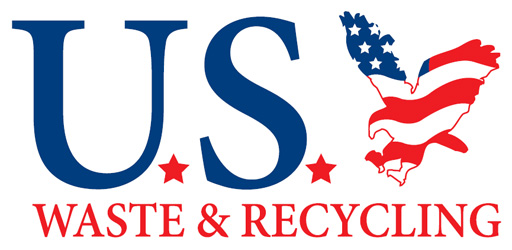A Look at Waste Management Planning for Senior Living Facilities
Like many organizations, senior living facilities can generate a significant amount of waste. However, you are likely to find that there are ways to streamline and reduce the costs of your waste disposal system. If you are looking for better strategies for waste management in Atlanta, consider the following in your planning:
Taking Advantage of Recycling Opportunities
Incorporating a recycling program into your waste management system can give your establishment a greener image, and can also save you money on taxes and reduce your waste disposal costs. Your senior living facility probably goes through a significant amount of materials and supplies that can be easily recycled. When you participate in a local recycling program, your facility will be provided with recycling bins to place where you deem appropriate. Having the opportunity to recycle can boost the morale of your residents and staff, and the use of recycling bins can cut down on the facility’s waste generation.
Considering Alternatives for Food Waste Management
The amount of food waste that your facility generates may account for a large portion of your total waste disposal costs. Leftovers from meals, fruit and vegetable peels, and coffee grounds, for instance, can all weigh a great deal and contribute to a significant amount of what you end up tossing out. Today, establishments that provide food services are benefiting from participation in organic waste recycling programs. This earth-friendly waste disposal option can prove to be a highly advantageous aspect of your waste management planning. Organic recycling programs accept everything from meat and seafood to produce and paper products.
Ensuring Proper Waste Disposal Training for Employees
Educating your senior living facility’s staff about waste disposal is an essential aspect of waste management planning. Some of your employee training should include the proper disposal of sharps, the system for labeling and bagging hazards, and what qualifies as regulated waste. Additionally, educating your staff about the appropriate use of regular and organic waste recycling can help promote the success of these programs.
